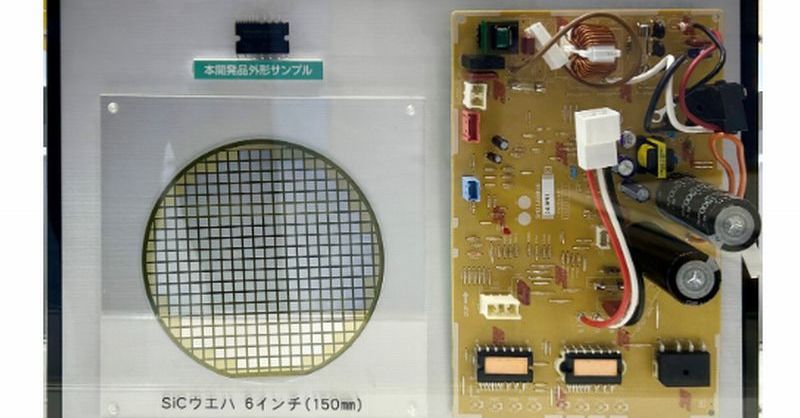Efficient Air Conditioning: Revolutionizing Cooling with SiC & Si Chip IPMs
The global demand for efficient and sustainable air conditioning is soaring. Rising temperatures and growing environmental concerns are driving the search for innovative cooling technologies. Enter Silicon Carbide (SiC) and Silicon (Si) chip Intelligent Power Modules (IPMs), poised to revolutionize the air conditioning industry with their superior energy efficiency and reduced environmental impact. This article delves into the exciting advancements in air conditioning technology enabled by SiC and Si chip IPMs.
What are SiC and Si Chip IPMs?
Intelligent Power Modules (IPMs) are pre-assembled packages containing power semiconductors, gate drivers, and protection circuits. Traditional IPMs often utilize IGBTs (Insulated Gate Bipolar Transistors). However, SiC and Si chip IPMs represent a significant leap forward.
-
SiC IPMs: Silicon Carbide offers superior switching speeds and higher breakdown voltage compared to traditional silicon. This translates to significantly reduced switching losses, leading to higher efficiency and lower energy consumption in air conditioning systems. SiC IPMs are particularly well-suited for high-power applications.
-
Si IPMs: While not offering the same dramatic improvements as SiC, advanced Si chip IPMs incorporate innovative designs and materials to enhance efficiency and reliability. They offer a compelling cost-effective solution for many air conditioning applications.
Advantages of SiC and Si Chip IPMs in Air Conditioning:
-
Increased Energy Efficiency: The lower switching losses in SiC and improved designs in Si IPMs directly contribute to reduced energy consumption, leading to lower electricity bills for consumers and a smaller carbon footprint.
-
Smaller and Lighter Systems: The higher power density of SiC and advanced Si IPMs allows for the design of smaller and lighter air conditioning units, ideal for space-constrained applications and easier installation.
-
Improved Reliability and Durability: These IPMs are designed for enhanced robustness and longevity, leading to fewer repairs and a longer lifespan for air conditioning systems.
-
Reduced Operating Costs: Lower energy consumption and enhanced reliability translate to significantly lower operating costs over the lifetime of the air conditioning system.
-
Enhanced Control and Precision: IPMs offer better control over the compressor and other components, enabling more precise temperature regulation and improved comfort.
The Environmental Impact of Efficient Air Conditioning
The widespread adoption of SiC and Si chip IPMs in air conditioning systems will have a significant positive environmental impact:
-
Reduced Greenhouse Gas Emissions: Lower energy consumption directly reduces greenhouse gas emissions from power generation, contributing to mitigating climate change.
-
Improved Resource Efficiency: More efficient systems reduce the overall demand for electricity generation, leading to improved resource efficiency.
-
Sustainable Cooling Solutions: SiC and Si chip IPMs play a key role in developing truly sustainable and environmentally responsible cooling technologies.
The Future of Air Conditioning Technology
SiC and Si chip IPMs are not just incremental improvements; they represent a paradigm shift in air conditioning technology. As manufacturing scales and costs decrease, we can expect to see wider adoption of these efficient and reliable components. This will lead to more energy-efficient, environmentally friendly, and cost-effective cooling solutions for homes, businesses, and industries worldwide.
Conclusion: Embracing a Cooler, Greener Future
The transition to SiC and Si chip IPM-based air conditioning systems is crucial for addressing both energy consumption and environmental concerns. By embracing this innovative technology, we can create a cooler and greener future for generations to come. Stay informed about the latest advancements in this rapidly evolving field to understand how these technologies are shaping the future of cooling.
Keywords: SiC IPM, Si chip IPM, air conditioning, energy efficiency, sustainable cooling, green technology, climate change, power electronics, HVAC, intelligent power module, silicon carbide, silicon, compressor, cooling systems, energy saving, environmental impact.
